Explore the Best AI Image Gallery
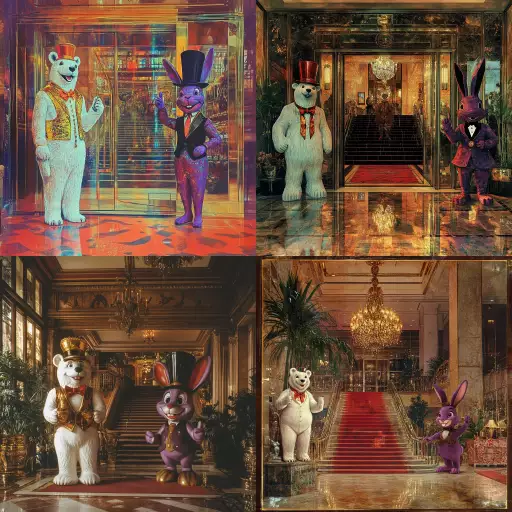
The digital marketing landscape is constantly evolving, driven by technological advancements that reshape how brands connect with consumers. One of the most exciting and disruptive innovations to emerge in recent years is the ability to generate high-quality images using artificial intelligence (AI). This technology, powered by complex algorithms and vast datasets, allows marketers to create stunning visuals that were previously time-consuming and expensive to produce.
- Content Creation: AI image generators can produce a wide range of content, from social media posts and website graphics to product mockups and marketing collateral. This frees up marketers to focus on strategy and creative direction rather than tedious design tasks.
- Personalized Experiences: AI can be used to create customized images based on user data and preferences. This allows brands to deliver more relevant and engaging content that resonates with individual consumers.
- Cost-Effective Solution: Compared to hiring professional designers, using AI image generators can be a significantly more cost-effective solution for businesses of all sizes.
- Rapid Prototyping: Marketers can quickly generate multiple variations of an image to test different concepts and refine their designs before committing to final production.
While the potential benefits of AI-generated images in marketing are undeniable, its crucial to address the ethical considerations surrounding this technology.
- Copyright and Ownership: Questions remain about who owns the copyright to AI-generated images. Is it the developer of the AI algorithm, the user who provides the input prompts, or both?
- Bias and Representation: AI algorithms are trained on massive datasets, which may contain biases that reflect existing societal stereotypes. This can result in AI-generated images that perpetuate harmful representations.
- Transparency and Accountability: It is important to be transparent about the use of AI in marketing and ensure accountability for any potential harm caused by biased or misleading content.
The field of AI image generation is rapidly evolving, with ongoing research and development pushing the boundaries of whats possible. Here are some key trends to watch:
- Increased Realism and Customization: AI algorithms will continue to improve in their ability to generate highly realistic images that can be customized to meet specific marketing needs.
- Integration with Other Technologies: Expect to see AI image generation integrated with other technologies such as virtual reality (VR), augmented reality (AR), and the metaverse, creating immersive and interactive brand experiences.
- Ethical Guidelines and Regulations: As AI becomes more prevalent in marketing, there will likely be a growing demand for ethical guidelines and regulations to ensure responsible use and mitigate potential harm.
AI-generated images are poised to revolutionize the marketing landscape, offering unprecedented opportunities for creativity, personalization, and efficiency. By embracing this technology while addressing ethical concerns, marketers can unlock new possibilities for engaging consumers and driving business growth.


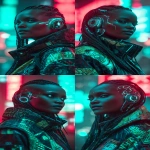
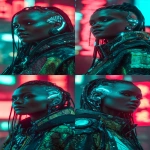
](https://images.ai-img.art/thumbnails/150/916a8f2aa9c13d051af4ab588a4921732f41e144150bdfc78853a28500cd717d.webp)

](https://images.ai-img.art/thumbnails/150/ffdc3aeb085cdd89cb67916c26208f25e7c7b0250ad6e5877b48414760697a90.webp)


](https://images.ai-img.art/thumbnails/150/6b15b97ffd39aeb1b066fd2c8b33c1a2dd03a3966282ec6508e2c2c205c0360f.webp)
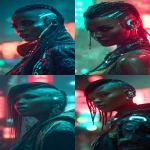

](https://images.ai-img.art/thumbnails/150/477a6a01318cd965f7f5f6ecc623f70e7e61f0004811369ce0977db761aecd57.webp)







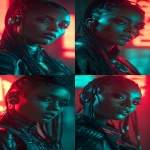
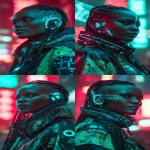



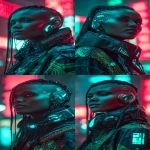





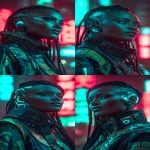



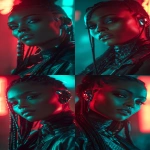





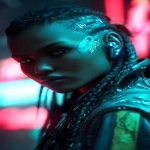
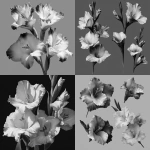
](https://images.ai-img.art/thumbnails/150/08baaaca8d12502f281846feba6b0cf89edf106843ff56346812f5eec39eeed1.webp)




](https://images.ai-img.art/thumbnails/150/0791636c23fa42b3fd87dbe2541b7d3047cdb4d5fc0dab19f4efcfe1439963da.webp)
